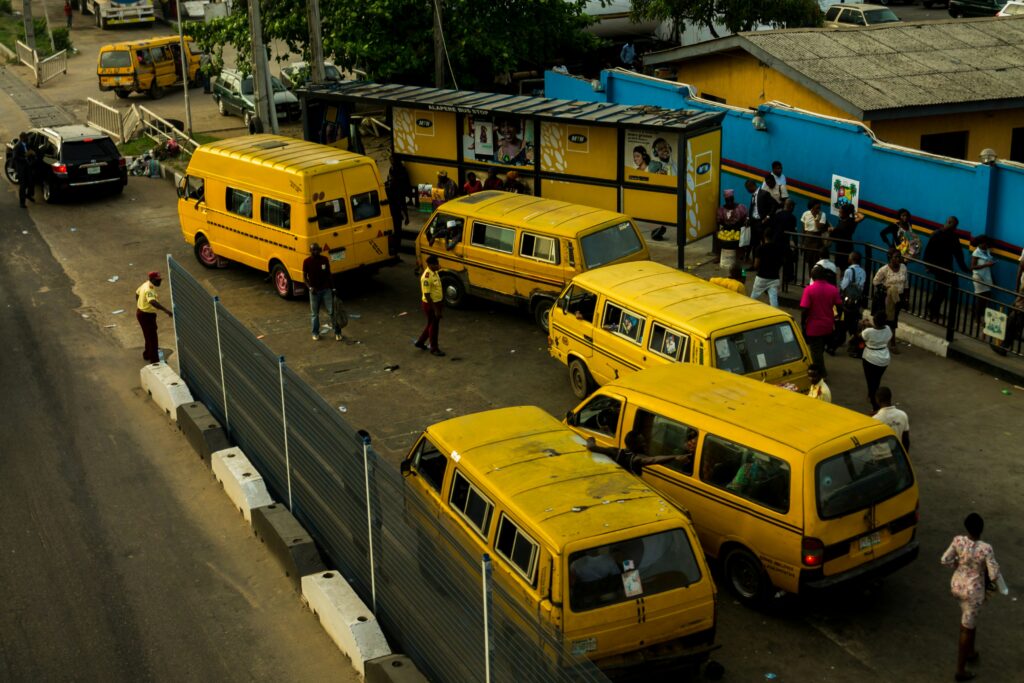According to the Economist Intelligence Unit’s (EIU) Global Liveability Index 2025, Lagos ranks 168th out of 173 cities worldwide, placing it among the least liveable urban centers, a position that highlights the formidable challenges facing Nigeria’s largest city.
The EIU’s index, which evaluates cities based on stability, healthcare, culture and environment, education, and infrastructure, assigns Lagos an overall score of 43.5 out of 100, where 100 represents ideal living conditions and 1 indicates intolerable circumstances.

With a population exceeding 20 million, Lagos’s low ranking reflects deep-seated issues that affect the quality of life for its residents, despite its role as Nigeria’s economic powerhouse and a hub for technology and creative industries.
Lagos scores particularly poorly in stability, receiving a mere 30.0, tied with cities like Caracas, Venezuela, and Tripoli, Libya. The EIU cites the prevalence of petty and violent crime, as well as the threat of civil unrest, as key factors dragging down the city’s score.
Nigeria’s broader security challenges, including banditry and insurgent activities in northern regions, spill over into Lagos, where kidnappings and armed robberies have surged in recent years.
The National Human Rights Commission reported a significant increase in violent incidents in 2025, further eroding confidence in the city’s safety.
Healthcare, another critical metric, also presents challenges, with Lagos scoring 37.5. The EIU notes limited availability and quality of both public and private healthcare, compounded by difficulties in accessing over-the-counter medications.
Infrastructure, weighted at 20 percent of the total score, is another area of concern, with Lagos earning a score of 53.6.
The EIU also points to inconsistent energy and water provision, as well as telecommunications challenges, as barriers to better infrastructure scores.
Despite these struggles, Lagos fares slightly better in culture and environment (54.4) and education (47.7). The city’s vibrant cultural scene, bolstered by its thriving music, film, and tech industries, offers some respite.

Lagos is home to Nollywood, Africa’s largest film industry, and a burgeoning startup ecosystem that has attracted global investors.
However, environmental factors such as humidity and climate-related discomfort, combined with issues like corruption and social restrictions, temper the city’s cultural appeal, according to the EIU’s ratings.
The EIU’s methodology, which combines qualitative assessments from in-country experts with quantitative data from sources like the World Bank and Transparency International, paints a sobering picture of Lagos’s challenges.
The index suggests that cities scoring below 50, like Lagos, have “most aspects of living severely restricted,” often requiring companies to pay a 20 percent salary premium to employees relocating there to compensate for hardships.
This article was summarised by AI and reviewed by human editors





